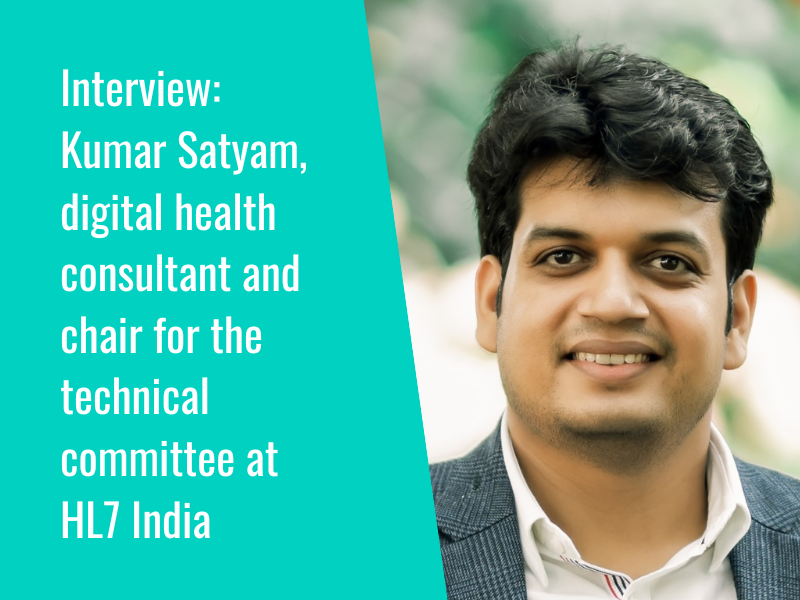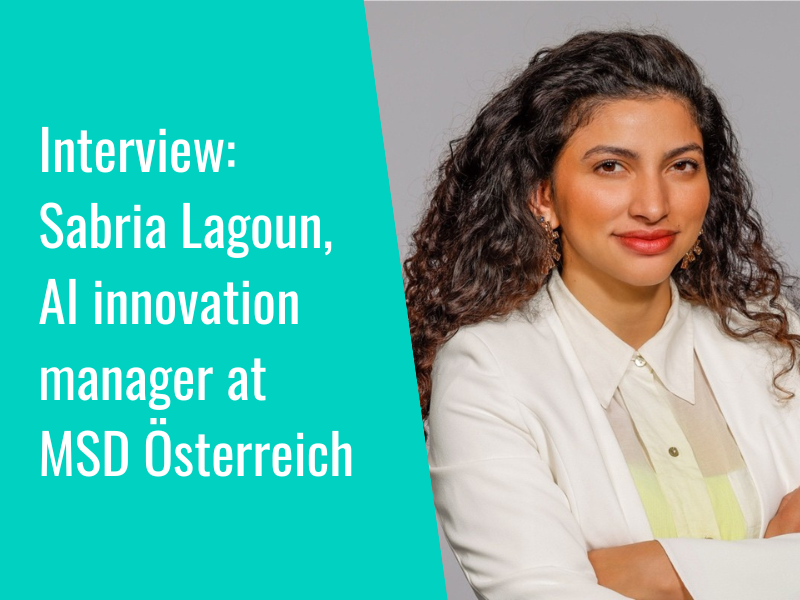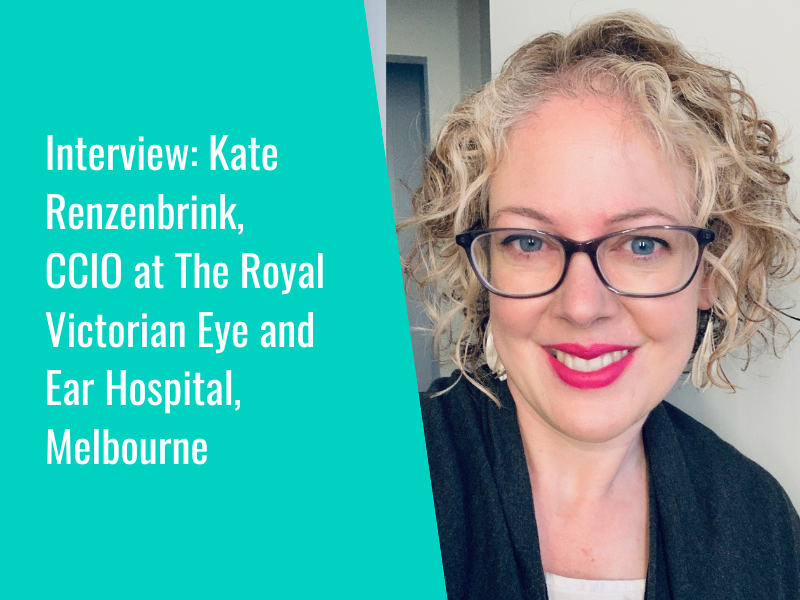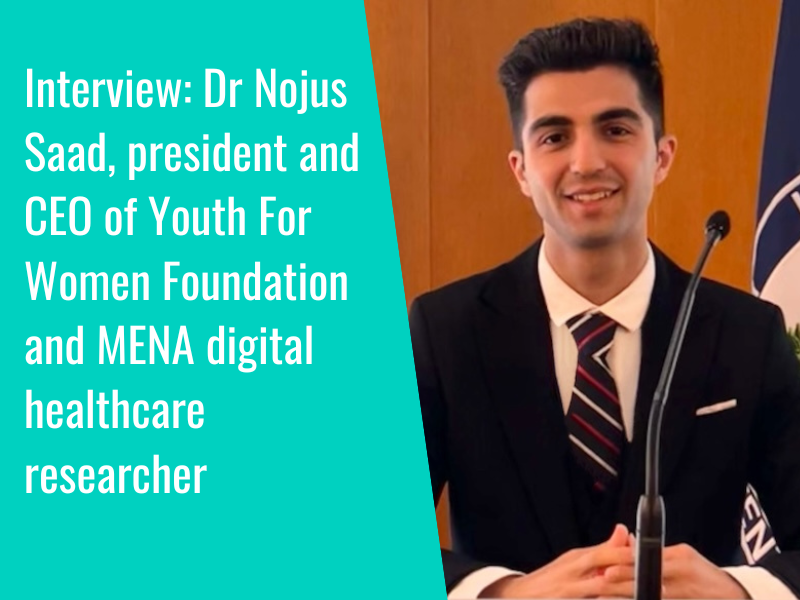In the US, a new trial will explore the potential of a wearable device to record, transmit and interpret paediatric breath sounds, with the aim of exploring whether it can enable earlier treatment and prevent hospitalisations in children with asthma.
The RESP™ Biosensor has been cleared by the FDA for use in adult patients, and the study seeks to examine whether it could also be used in paediatrics. The study hopes to collect data which may help toward validation, as well as to “provide feedback that may improve future modifications such as size and comfort level for children”.
Participants started being enrolled for the study back in September of 2023, and are required to wear the device for several minutes to allow it to track their breath sounds in a “safe, noninvasive” way of measuring lung health. Data collected from the study will also be used “to improve respiratory diagnostics on a larger scale”.
Dr. Schmidt, study lead, said: “Utilizing this technology also has the potential to advance many pulmonary diagnostics, beyond asthma, in a way that addresses healthcare disparities in our communities through improved access to care. I envision this device allowing us to diagnose and treat asthma exacerbations earlier, even during a hospitalization.”
Also on innovation in research, a research team from Tsinghua University, Beijing, has trialled a minimally-invasive implanted brain-computer interface (BCI) on two patients with spinal cord injuries, with the ultimate aim of developing a new protocol for BCI-facilitated “active rehabilitation to accelerate neural growth at the site of damaged spinal cord segments”.
Elsewhere, we recently caught up with Sarah Jabbour, PhD candidate in Computer Science and Engineering at the University of Michigan, to talk about her research on the challenges and opportunities of machine learning, human-AI interaction, and models for diagnosis in healthcare.
- 1
- 2
















